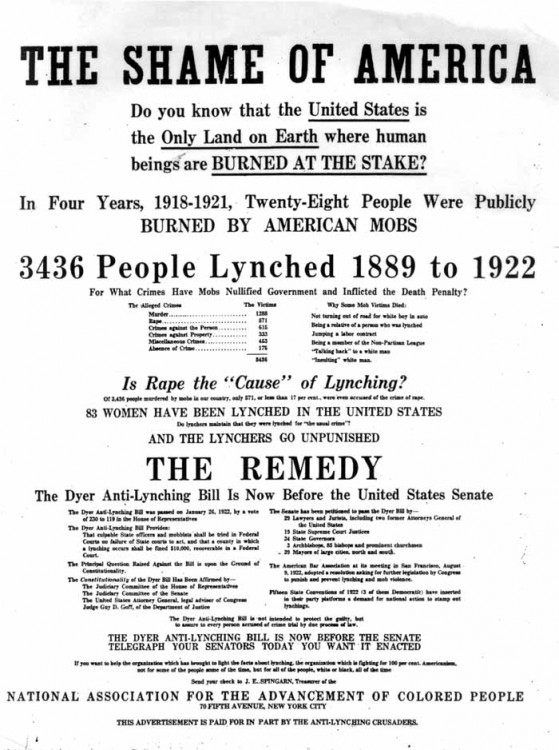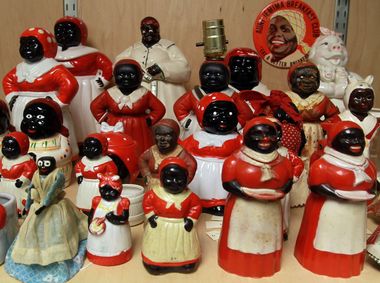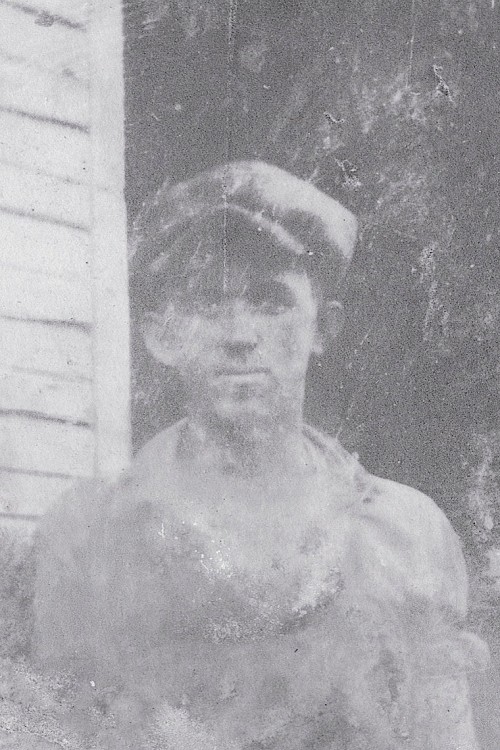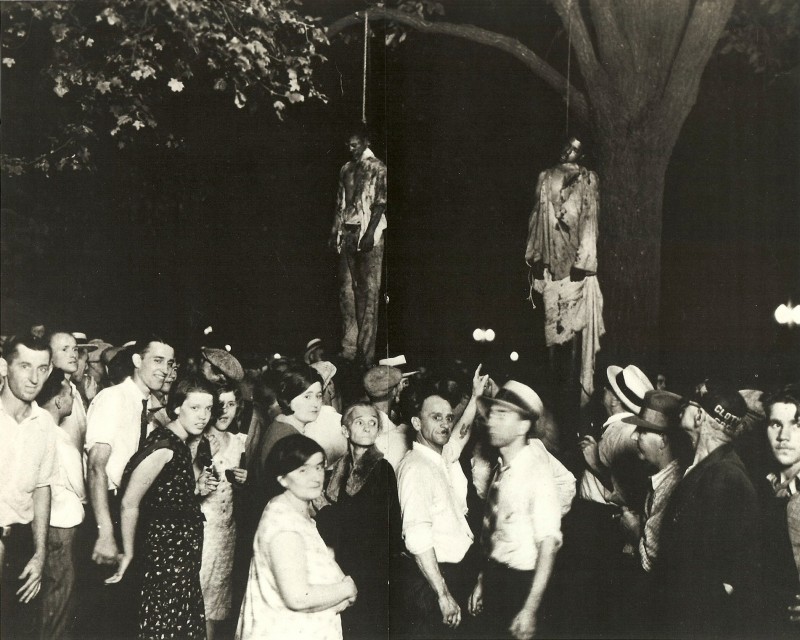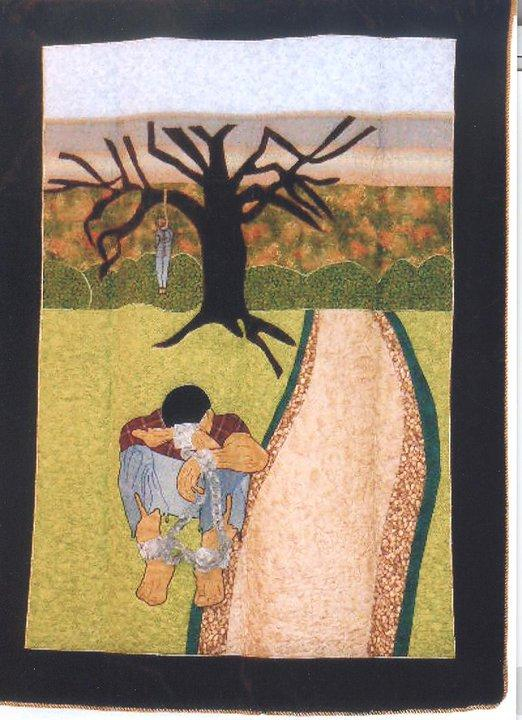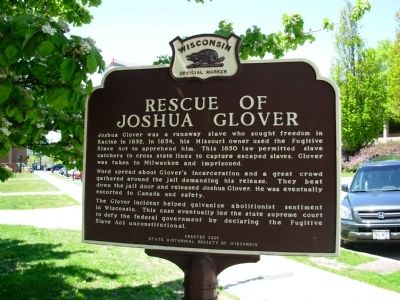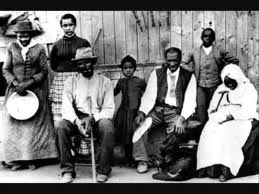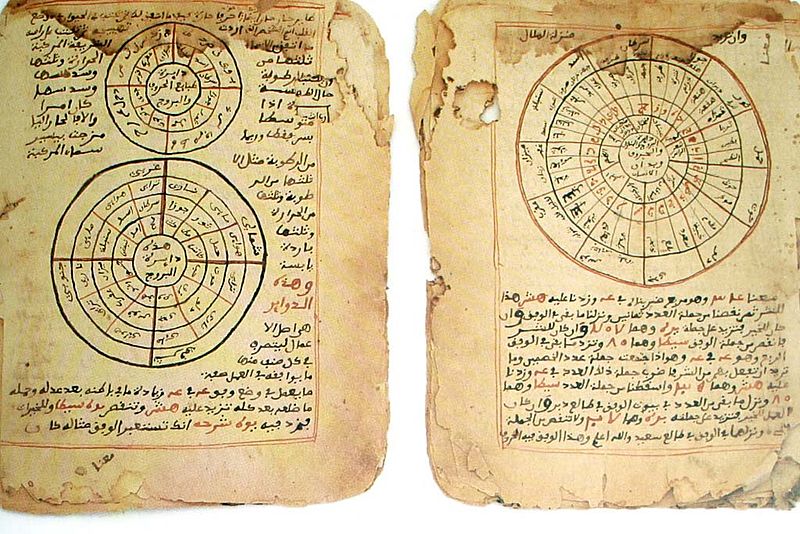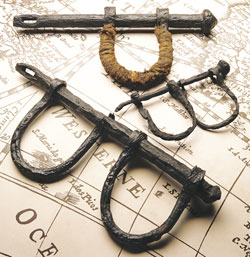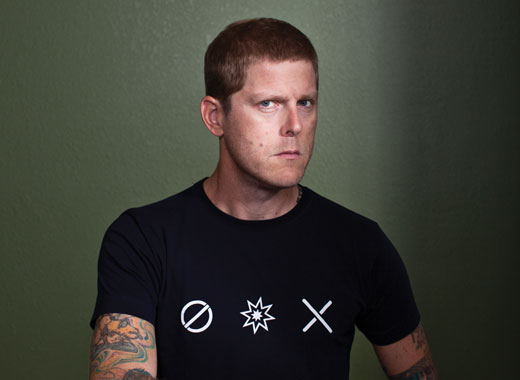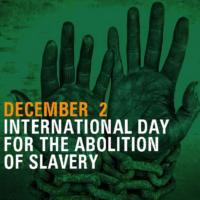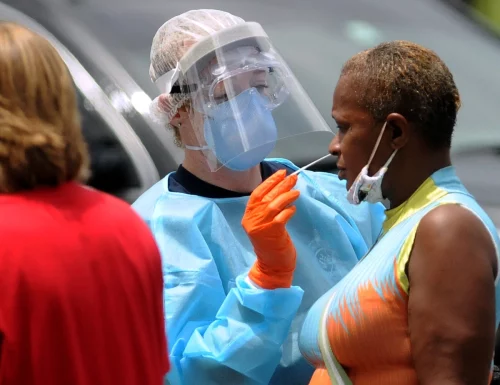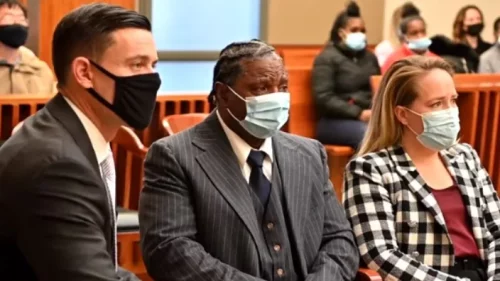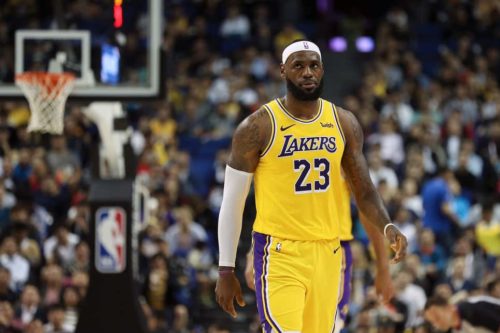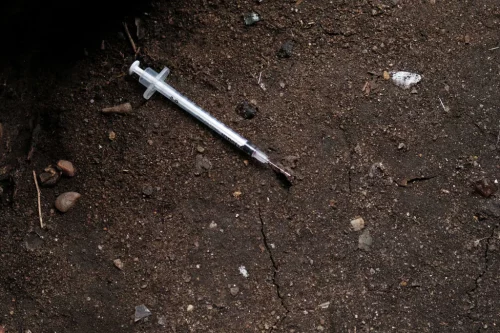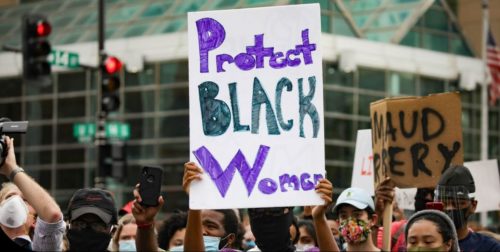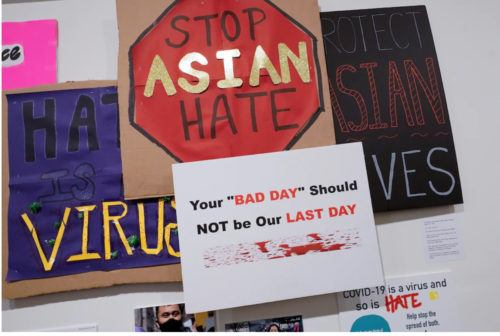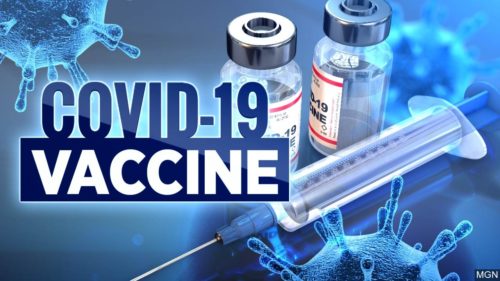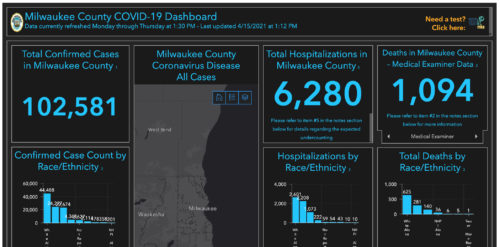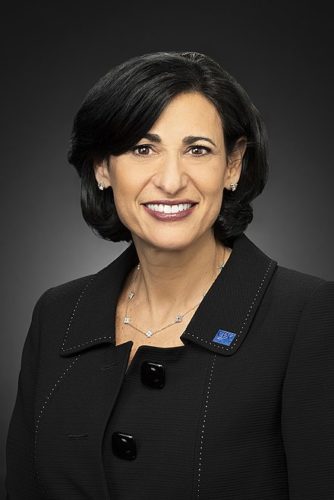COVID-19
Explore Our Online Exhibits
Breaking News
Worldwide Community Events
Week 4
- Sun 30
- Mon 1
- Tue 2
- Wed 3
- Thu 4
- Fri 5
- Sat 6
- Sun 7
- Mon 8
- Tue 9
- Wed 10
- Thu 11
- Fri 12
- Sat 13
- Sun 14
- Mon 15
- Tue 16
- Wed 17
- Thu 18
- Fri 19
- Sat 20
- Sun 21
- Mon 22
- Tue 23
- Wed 24
- Thu 25
- Fri 26
- Sat 27
- Sun 28
- Mon 29
- Tue 30
- Wed 31
- Thu 1
- Fri 2
- Sat 3
-
30November30November
 8:00 AM - 12:00 AM
8:00 AM - 12:00 AMSailing to Freedom: Maritime Dimensions of the Underground Railroad
Chesapeake Bay Maritime Museum -
01December01December
 All Day
All DaySailing to Freedom: Maritime Dimensions of the Underground Railroad
Chesapeake Bay Maritime Museum01December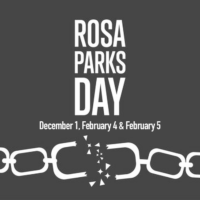
-
02December02December
 All Day
All DaySailing to Freedom: Maritime Dimensions of the Underground Railroad
Chesapeake Bay Maritime Museum02December -
03December03December
 All Day
All DaySailing to Freedom: Maritime Dimensions of the Underground Railroad
Chesapeake Bay Maritime Museum03December
ABHM Discounted Tours
ABHM in Milwaukee, WI -
04December04December
 All Day
All DaySailing to Freedom: Maritime Dimensions of the Underground Railroad
Chesapeake Bay Maritime Museum -
05December05December
 All Day
All DaySailing to Freedom: Maritime Dimensions of the Underground Railroad
Chesapeake Bay Maritime Museum -
06December06December
 All Day
All DaySailing to Freedom: Maritime Dimensions of the Underground Railroad
Chesapeake Bay Maritime Museum -
07December07December
 All Day
All DaySailing to Freedom: Maritime Dimensions of the Underground Railroad
Chesapeake Bay Maritime Museum07December -
08December08December
 All Day
All DaySailing to Freedom: Maritime Dimensions of the Underground Railroad
Chesapeake Bay Maritime Museum -
09December09December
 All Day
All DaySailing to Freedom: Maritime Dimensions of the Underground Railroad
Chesapeake Bay Maritime Museum -
10December10December
 All Day
All DaySailing to Freedom: Maritime Dimensions of the Underground Railroad
Chesapeake Bay Maritime Museum10December
ABHM Discounted Tours
ABHM in Milwaukee, WI -
11December11December
 All Day
All DaySailing to Freedom: Maritime Dimensions of the Underground Railroad
Chesapeake Bay Maritime Museum11December
Copy of Black Nativity by Langston Hughes
Wilson Theater at Vogel Hall, Marcus Center -
12December12December
 All Day
All DaySailing to Freedom: Maritime Dimensions of the Underground Railroad
Chesapeake Bay Maritime Museum12December
Copy of Black Nativity by Langston Hughes
Wilson Theater at Vogel Hall, Marcus Center -
13December13December
 All Day
All DaySailing to Freedom: Maritime Dimensions of the Underground Railroad
Chesapeake Bay Maritime Museum13December
Copy of Black Nativity by Langston Hughes
Wilson Theater at Vogel Hall, Marcus Center -
14December14December
 All Day
All DaySailing to Freedom: Maritime Dimensions of the Underground Railroad
Chesapeake Bay Maritime Museum14December
Copy of Black Nativity by Langston Hughes
Wilson Theater at Vogel Hall, Marcus Center -
15December15December
 All Day
All DaySailing to Freedom: Maritime Dimensions of the Underground Railroad
Chesapeake Bay Maritime Museum -
16December16December
 All Day
All DaySailing to Freedom: Maritime Dimensions of the Underground Railroad
Chesapeake Bay Maritime Museum -
17December17December
 All Day
All DaySailing to Freedom: Maritime Dimensions of the Underground Railroad
Chesapeake Bay Maritime Museum17December
ABHM Discounted Tours
ABHM in Milwaukee, WI17December 17December
17December
-
18December18December
 All Day
All DaySailing to Freedom: Maritime Dimensions of the Underground Railroad
Chesapeake Bay Maritime Museum -
19December19December
 All Day
All DaySailing to Freedom: Maritime Dimensions of the Underground Railroad
Chesapeake Bay Maritime Museum -
20December20December
 All Day
All DaySailing to Freedom: Maritime Dimensions of the Underground Railroad
Chesapeake Bay Maritime Museum20December
-
21December21December
 All Day
All DaySailing to Freedom: Maritime Dimensions of the Underground Railroad
Chesapeake Bay Maritime Museum -
22December22December
 All Day
All DaySailing to Freedom: Maritime Dimensions of the Underground Railroad
Chesapeake Bay Maritime Museum -
23December23December
 All Day
All DaySailing to Freedom: Maritime Dimensions of the Underground Railroad
Chesapeake Bay Maritime Museum -
24December24December
 All Day
All DaySailing to Freedom: Maritime Dimensions of the Underground Railroad
Chesapeake Bay Maritime Museum24December
ABHM Discounted Tours
ABHM in Milwaukee, WI -
25December25December
 All Day
All DaySailing to Freedom: Maritime Dimensions of the Underground Railroad
Chesapeake Bay Maritime Museum -
26December26December
 All Day
All DaySailing to Freedom: Maritime Dimensions of the Underground Railroad
Chesapeake Bay Maritime Museum26December 6:00 PM
6:00 PMKwanzaa 2025: Opening Ceremonies & WI Black Chamber of Commerce Events
Wisconsin Black Historical Society in MKE -
27December27December
 All Day
All DaySailing to Freedom: Maritime Dimensions of the Underground Railroad
Chesapeake Bay Maritime Museum27December All Day
All DayKwanzaa 2025: Opening Ceremonies & WI Black Chamber of Commerce Events
Wisconsin Black Historical Society in MKE -
28December28December
 All Day
All DaySailing to Freedom: Maritime Dimensions of the Underground Railroad
Chesapeake Bay Maritime Museum28December
AfroFuture Ghana 2025
Accra, Ghana28December 28December
28December All Day
All DayKwanzaa 2025: Opening Ceremonies & WI Black Chamber of Commerce Events
Wisconsin Black Historical Society in MKE -
29December29December
 All Day
All DaySailing to Freedom: Maritime Dimensions of the Underground Railroad
Chesapeake Bay Maritime Museum29December
AfroFuture Ghana 2025
Accra, Ghana29December All Day
All DayKwanzaa 2025: Opening Ceremonies & WI Black Chamber of Commerce Events
Wisconsin Black Historical Society in MKE -
30December30December
 All Day
All DaySailing to Freedom: Maritime Dimensions of the Underground Railroad
Chesapeake Bay Maritime Museum30December All Day
All DayKwanzaa 2025: Opening Ceremonies & WI Black Chamber of Commerce Events
Wisconsin Black Historical Society in MKE -
31December31December
 All Day
All DaySailing to Freedom: Maritime Dimensions of the Underground Railroad
Chesapeake Bay Maritime Museum31December
ABHM Discounted Tours
ABHM in Milwaukee, WI31December All Day
All DayKwanzaa 2025: Opening Ceremonies & WI Black Chamber of Commerce Events
Wisconsin Black Historical Society in MKE -
01January01January
 12:00 AM - 6:00 PM
12:00 AM - 6:00 PMSailing to Freedom: Maritime Dimensions of the Underground Railroad
Chesapeake Bay Maritime Museum01January 12:00 AM
12:00 AMKwanzaa 2025: Opening Ceremonies & WI Black Chamber of Commerce Events
Wisconsin Black Historical Society in MKE
Share
A coronavirus known as SARS-CoV-2 caused the COVID-19 pandemic, which originated in China before spreading worldwide in 2020. This global pandemic was not equally destructive, however. The virus itself was more harmful to elderly people and those with pre-existing health conditions. However, economic and racial inequalities prevented some people from accessing necessary screening, treatment, or vaccines or following medical advice such as social distancing or quarantining. Medical racism also played a role during COVID-19, and some Black patients formed support groups after the medical system ignored them. The pandemic also highlighted how some medical equipment worked poorly for Black patients.
Nearly 7 million people died of COVID globally, with millions more surviving the disease that raged for multiple years. In the United States, Black people remained at risk while others decreased their concern, which was entirely warranted. African Americans experienced a higher death rate due to COVID-19 than other races, and many struggle with the effects of long COVID. Lingering illness and disability have removed some people from the workforce, while others struggle financially under the weight of caring for or losing others in their households. Funding intended for Black Americans to help mitigate these harms resulted in lawsuits. Similarly, money intended for COVID-19 support was rerouted to prisons, which had already contributed to the rapid-fire spread of COVID-19.
The pandemic prompted a shift to virtual learning, working, and communication. While some welcomed this shift, it further highlighted economic disparities for others. This also resulted in learning setbacks for students. Meanwhile, COVID-19 resurfaced distrust between the Black community and the medical establishment that stems, in part, from the Tuskegee experiment.
COVID-19 was also the backdrop of the Black Lives Matter movement, which grew after video of the May 2020 murder of George Floyd by a Minneapolis police officer surfaced online.
Surveys show that Black people have more lingering concerns about COVID-19 than white people, despite more relaxed guidelines for prevention.
Read MoreBroadwater’s 1982 conviction was overturned last week after authorities determined there were serious flaws in his prosecution.
Read MoreLos Angeles Lakers forward LeBron James will be sidelined indefinitely after entering the NBA’s coronavirus health and safety protocols.
Read MoreIn the thick of the COVID pandemic, deaths among Black Americans soar due to the opioid addiction crisis.
Read MoreThe FBI and CDC found that Black girls and women were the most often killed among female demographics last year.
Read MoreThe number of hate crimes in the United States rose in 2020 to the highest level in 12 years, propelled by increasing assaults targeting Black and Asian people, the FBI reported Monday.
Read MoreBlack farmers make up less than 2 percent of the overall farming population in the US and have been stripped of millions of acres of land in the last century. Even the USDA itself played a major role in financially bankrupting Black farm families. The US Dept. of Agriculture was to offer a multibillion dollar loan forgiveness program for farmers of color as part of COVID relief, but is on hold now due to white farmers’ claim of “reverse discrimination.”
Read MoreThis article looks at differences in access to the Covid- 19 vaccine, based on race. There has been progress in accessibility to the vaccine, but there are still people in need.
Read MoreInequality can be deadly.
Milwaukee was among the first counties to reveal how deadly when the coronavirus pandemic struck just over a year ago. By tracking and publicly sharing demographic data, officials here quickly recognized what soon became a troubling national trend: COVID-19 was devastating Black and Latino communities. Milwaukee County was one of the very first in the country to explicitly track this data based on race.The data has helped determine where resources would be directed, including when it came to testing and vaccinations.
Read More“Racism is a serious public health threat that directly affects the well-being of millions of Americans,” declared the head of the US Centers for Disease Control and Prevention. “As a result, it affects the health of our entire nation. Racism is not just the discrimination against one group based on the color of their skin or their race or ethnicity, but the structural barriers that impact racial and ethnic groups differently to influence where a person lives, where they work, where their children play, and where they worship and gather in community. These social determinants of health have life-long negative effects on the mental and physical health of individuals in communities of color.
Read More